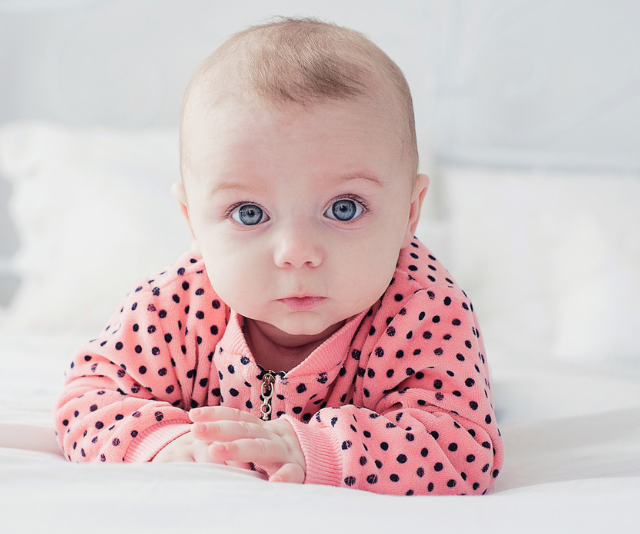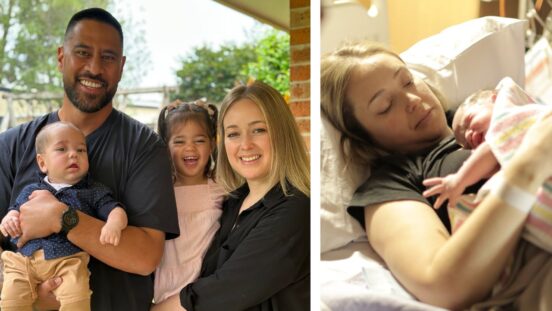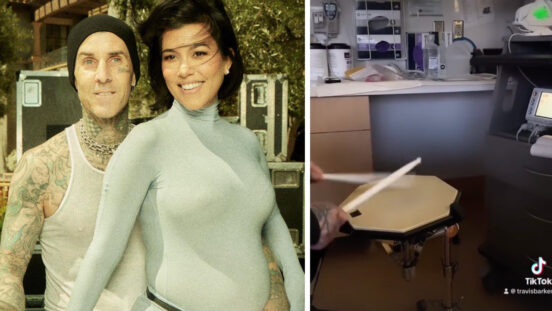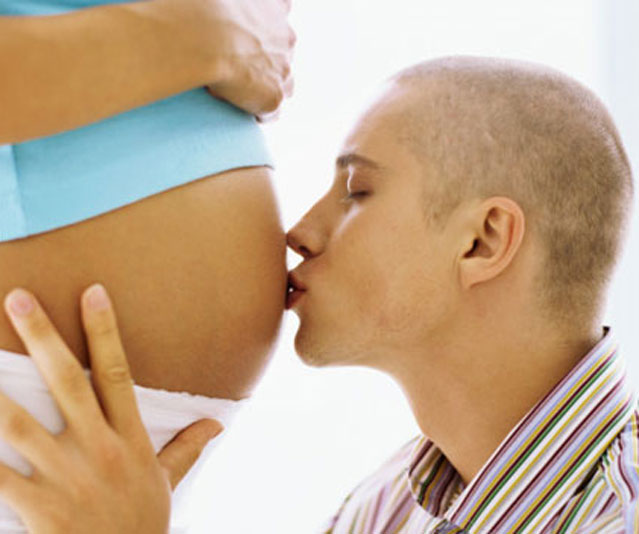The top 5 myths about egg freezing, busted
Dr Devora Lieberman is here to set the record straight.
Life is uncertain, and sometimes our best laid plans go awry, but that doesn’t mean we can’t take back some control. Women are increasingly choosing to do just that through freezing their eggs, the procedure enabling them to ‘stop the clock’. While by no means a guarantee of future success, for those who aren’t ready to have a family in their twenties or early thirties, egg freezing offers an opportunity to stack the odds in their favour.
However, the biological clock and the complex internal workings of the female reproductive system is anything but straightforward. As a result, there are a lot of myths and misunderstandings about the age women should consider freezing their eggs, the effect on fertility and the likelihood that an egg freezing cycle will result in a baby.
Here to set the record straight, Dr Devora Lieberman, Clinical Director at City Fertility Sydney CBD answers her most frequently asked questions about egg freezing.

Dr Devora Lieberman, Clinical Director at City Fertility Sydney CBD is here to bust egg freezing myths for good (Image: Supplied)
Myth 1: My biological clock ticks at the same rate as all other women
It is important to know that when it comes to the biological clock, every woman is different. On average, women are most fertile in their twenties. Fertility then begins to decline slowly from 30, more quickly from 35, and from 37 the slope gets very slippery.
In fact, by age 42, more than 50 percent of women will struggle to fall pregnant naturally. Some women will experience a decline in fertility much earlier while others will conceive easily into their forties.
Myth 2: Egg freezing will reduce my chances of falling pregnant naturally
Many women are concerned that when they freeze their eggs it will reduce their total egg pool and lower their chances of conceiving later. During a woman’s menstrual cycle, the ovaries will produce follicles that develop, but only one will mature and release the egg. The excess follicles will be reabsorbed by the ovary and never used again.
When eggs are collected, the medication used increases the efficiency of this biological system, which allows doctors to retrieve eggs from the follicles that would have been lost.

“Some women will experience a decline in fertility much earlier while others will conceive easily into their forties.” (Image: Getty)
Myth 3: I should freeze my eggs as early as possible
While it’s true that freezing eggs before the age of 35 gives them a higher chance of success, teenagers and women in their early twenties shouldn’t be rushing to freeze them ‘just in case’.
When you’re younger you have more time to find a partner, so the likelihood that you will need to use frozen eggs is relatively low.
Given egg quality doesn’t usually deteriorate significantly before age 30, it is reasonable for women to wait until their early thirties when they can make an informed decision.
Myth 4: The ‘egg timer’ test will tell me how fertile I am, and if I need to freeze my eggs
Many women looking into freezing their eggs are told about the ‘egg timer test’, a blood test that provides information about the quantity of remaining eggs in their ovarian reserve.
While a useful tool for trained gynaecologists and fertility specialists, having this test taken out of curiosity isn’t recommended as the results can be misleading and result in unnecessary panic. The test doesn’t measure egg quality, so is not a reliable indicator of your chances of falling pregnant.
WATCH: Sophie Monk opens up about freezing her eggs. Continues after video …
Myth 5: Egg freezing guarantees I will be able to have a baby in the future
Although freezing your eggs can help increase the chances of conceiving via IVF later in life, women should not solely rely on the procedure. Instead, egg freezing provides another option and hope for women who are either not yet ready to have a family, or those who are looking to protect their fertility from damage caused by medical treatments such as chemotherapy.
Frozen eggs do provide a greater chance of conceiving later in life, but the success of conception is not guaranteed. The chance of a future baby depends on a woman’s age when she freezes eggs, as well as the number of eggs collected and quality.




